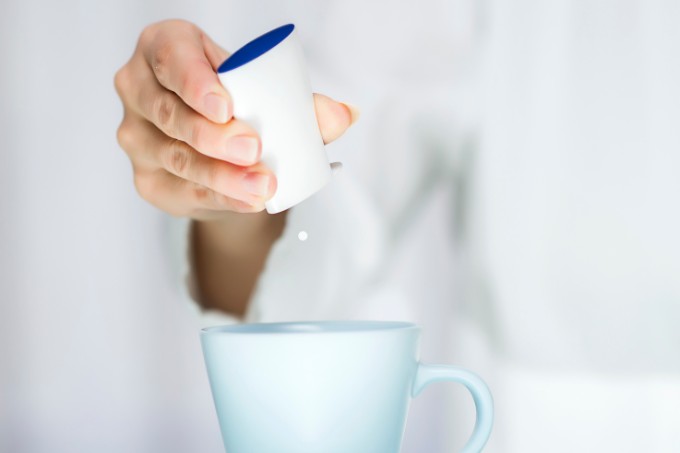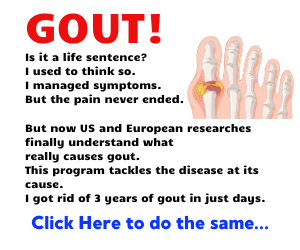
Artificial sweeteners – What are they and how are they used?
Artificial sweeteners are sugar substitutes that are often used in place of sugar in order to reduce the calorie content of a food or beverage. There has been some debate over whether or not artificial sweeteners can contribute to the development of gout.
The link between artificial sweeteners and gout
One study, published in the journal “Arthritis & Rheumatology,” found that the use of artificial sweeteners was associated with an increased risk of gout. The study analyzed data from more than 60,000 men and found that those who consumed at least one serving of a food or beverage containing artificial sweeteners per day had a higher risk of developing gout compared to those who did not consume these products. However, it is important to note that this study only showed an association, and did not prove that artificial sweeteners directly cause gout.
Another study, published in the journal “Annals of the Rheumatic Diseases,” found that there was no link between artificial sweeteners and the risk of gout. This study analyzed data from over 200,000 men and women and found that the use of artificial sweeteners was not associated with an increased risk of gout.
Managing your risk of gout
So, what does this mean for those who are concerned about their risk of gout? The research on the link between artificial sweeteners and gout is mixed, and it is not clear whether or not these sugar substitutes can directly contribute to the development of the condition. It is important to note that gout is a complex disease and can be influenced by a variety of factors, including diet, lifestyle, and genetics.
If you are concerned about your risk of gout, it is always a good idea to speak with a healthcare professional. They can provide personalized advice and guidance on how to manage your risk of gout and other health conditions. This may include recommendations for diet and lifestyle changes, as well as the use of medications to help control the condition.
Conclusion
It is also important to note that artificial sweeteners are not the only factor that can contribute to the development of gout. Other dietary factors, such as the consumption of high-purine foods (such as red meat and seafood) and high-fructose beverages (such as soda), as well as certain medical conditions (such as high blood pressure and diabetes) can also increase the risk of gout. Therefore, it is important to consider a variety of factors when managing your risk of gout.
Suggested articles:
– Stevia and Gout – Is Stevia Good for Gout?
– Sweets and Gout – Can Sweets Trigget Gout?
– Honey and Gout – Is Honey Bad For Gout?
– Obesity and Gout – Does Obesity Cause Gout?
– Gout And Diabetes – Can Diabetes Cause Gout?
– Sugar, Fructose And Gout – Does Sugar Cause Gout?
– Gout And MSG – Monosodium Glutamate Must Be Avoided
The Gout Eraser™: The all-natural guide for permanent gout removal
The Gout Eraser™ is a short, to the point guide on how to reverse gout symptoms without ever leaving your home. The guide goes into extensive detail on exactly what you need to do to safely, effectively and permanently get rid of gout, and you are GUARANTEED to see dramatic improvements in days if not hours.
To learn more about The Gout Eraser™ system, check out the following free video presentation: The Gout Eraser™





